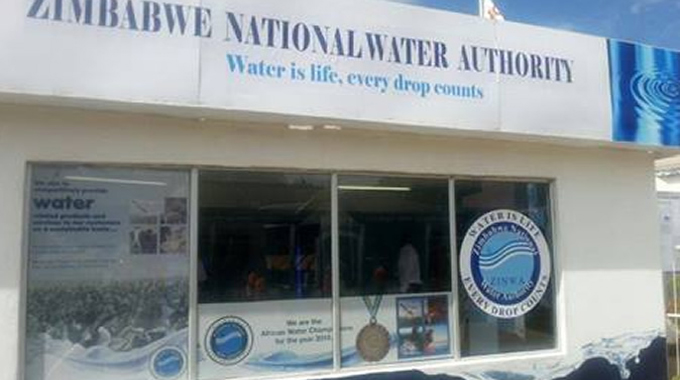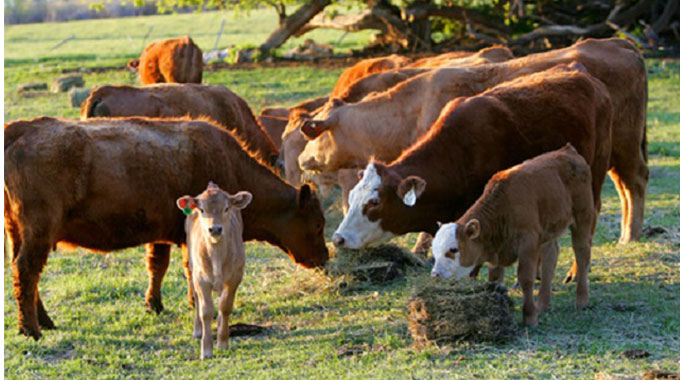
The Sunday News

THE city of Bulawayo has been battling perennial water challenges for a long time. With erratic rainfall in this part of the country, water provision has become a nightmare for the city, and water shedding has become a perennial strategy for the council.
The city has also been growing, with new suburbs being built, which means the population has been growing, yet there has been no corresponding effort to augment water provision. This has been worsened by dilapidated water infrastructure.
Since the beginning of the year, some suburbs have not had running water on a daily basis, and the situation has been worsened by a detailed water-shedding programme where water provision is only restored in particular areas once or twice per week, depending on the availability of the precious liquid in council reservoirs.

City of Bulawayo
However, it must have come as sweet music to Bulawayo residents that the Zimbabwe National Water Authority (Zinwa) has embarked on an urgent programme to rehabilitate at least 34 boreholes at Nyamandlovu Aquifer, which is expected to alleviate Bulawayo’s water crisis.
Our sister paper, the Chronicle, reported last week that the programme aims to restore water production from Nyamandlovu back to 20 megalitres (ML) per day, which will improve water supplies in some western suburbs.
According to the council, the water situation in the city was worsened by the vandalism of transformers and boreholes at Epping Forest and Nyamandlovu, which reduced the pumping capacity from 20 ML to 4 ML.
This has affected 60,000 residents who rely on water from the aquifer. Zinwa, a government arm, has taken steps to implement the programme and equip the boreholes at Nyamandlovu.

The Zimbabwe National Water Authority
“Zinwa has embarked on an urgent programme to equip and bring back on board at least 34 boreholes at the Nyamandlovu Aquifer as part of efforts to improve water supplies in the City of Bulawayo. The development is expected to restore water production from Nyamandlovu back to 20 megalitres (ML) per day (20 million litres per day). Water production at Nyamandlovu had dipped to as low as four megalitres per day owing to power challenges, breakdowns and vandalism of some of the boreholes,” said Zinwa communications and marketing manager Mrs Marjorie Munyonga.
The move was welcomed by the council, with Director of Engineering Services Engineer Sikhumbuzo Ncube saying rehabilitation works will stabilise the supplies at the Magwegwe Reservoir, which serves some western areas of the city.
However, the Lake Gwayi Shangani project, with a pipeline from Gwayi to Bulawayo already being constructed, is seen as the answer to the perennial water woes. The construction of the dam has progressed steadily in recent years and it is hoped once the dam and pipeline are complete, water challenges will be a thing of the past in Bulawayo.
“Water is vital for life. Clean fresh water is necessary for drinking and sanitation, providing for our crops, livestock and industry, and creating and sustaining the ecosystems on which all life depends.

However, readily accessible fresh water — found in rivers, lakes, wetlands and aquifers – accounts for less than one per cent of the world’s water and is under threat,” noted the United Nations Environment Programme.
The UN water development report (2021), also highlights the importance of water in economic development, which is among the many reasons why the Bulawayo City Council should find alternative methods to keep taps running, while residents await the finalisation of the Gwayi Shangani dam project.
“The value of water to agriculture, industry, business and energy can be assessed through an economic input–output perspective that variously quantifies returns or benefits, such as employment, product value per unit of water or product value-added.”



